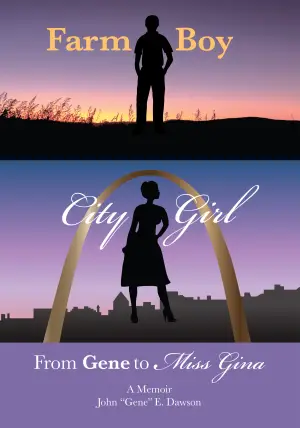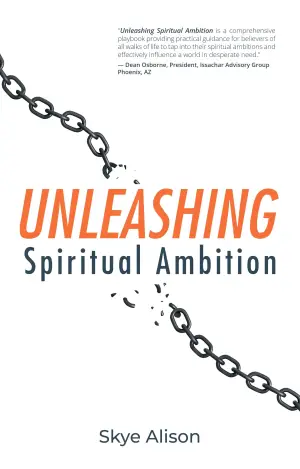Review of Wintergirls by Laurie Halse Anderson
You know how some books reach out and wrap around your heart, whispering secrets you didn’t know you needed to hear? Wintergirls by Laurie Halse Anderson did just that for me. From the moment I read the haunting opening line, “Dead girl walking,” I was pulled into a world that feels both visceral and painfully real, a world captured through the eyes of Lia and her relentless battle against anorexia.
At its core, Wintergirls delves into themes of loss, identity, and the harsh grip of mental illness. Lia’s story is a poignant exploration of an all-consuming obsession with being the skinniest, driven by her fraught relationship with food and her deep insecurities. The stark contrast between her physical presence and the haunting shadows of her mind paint a vivid picture of a girl struggling to find her place in a world that often feels incomprehensible. The sudden death of her best friend, Cassie, serves as a profound catalyst, thrusting Lia into a spiral of isolation and self-loathing, where she becomes both the hunter and the hunted in her own life.
I must confess, as I was reading, I found myself exclaiming, “You can do it, Lia! Don’t listen to those voices!” It’s one of those reads that demands both your empathy and your frustration; I often felt like I was navigating a labyrinth alongside her. Lia’s journey isn’t linear—there’s no neat package of resolution here—but instead, it is filled with shaky steps toward healing. Anderson’s writing style is achingly beautiful, laced with poetic lines that linger long after you turn the page. It captures not just the struggle, but the often overlooked beauty of survival—in the small moments of joy, the unexpected laughter, and the serendipitous path toward self-acceptance.
One of the most striking facets of Wintergirls is how Anderson melds rich, lyrical prose with raw honesty. Quotes like, “I am beginning to measure myself in strength, not pounds,” resonate instantly, encapsulating the desperate yearning for self-worth beyond societal expectations. It’s a reminder to measure one’s value in terms of resilience and inner strength rather than superficial markers, and that message hit home for me.
This isn’t just a story about an eating disorder; it’s a beautiful, wrecking ball of a journey through grief, longing, and the struggle for one’s voice amidst the chaos of mental illness. Not everyone will resonate with Lia’s struggles right away, and that’s okay. At its heart, the book urges us to listen—to the silences, the struggles, and the often-unspoken feelings that haunt us.
In conclusion, I wholeheartedly recommend Wintergirls to anyone who appreciates brave storytelling. It’s a book that doesn’t shy away from dark themes and might leave some readers wanting more traditional narrative closure, but isn’t that life? It invites us to sit with the discomfort, to find empathy in places we might not expect, and most importantly, to be there for ourselves and each other. Anderson’s work will encourage conversations about mental health, an important step toward understanding and healing. It’s a challenging read, yes, but one that ultimately inspires hope.
If you’re willing to dive deep into Lia’s world, you might, like me, come out with a renewed sense of compassion—for both yourself and those who fight silent battles all around.
Discover more about Wintergirls on GoodReads >>






